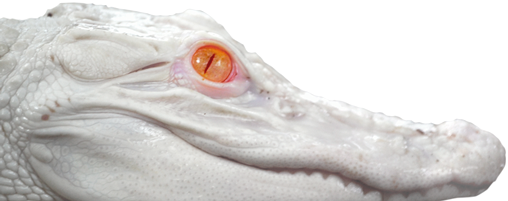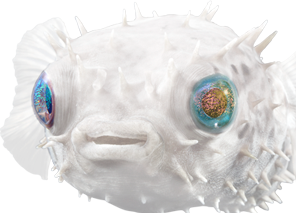The joint international festival platform MFRU-KIBLIX (IFCA-KIBLIX), first established in 2010, combines two precepts. The IFCA is an approach marked by a historical continuity of creative computer use since 1995, and the related presentational system forms (radio, theater, television, computer games, computer graphics, fractals, digital music etc.), which – within their historical foundation – were characterized by an off-line condition, as there were not yet any internet broadband networks established (both wired and wireless networks), while the avant-garde future of computer reality was conceived mainly in the direction of humanoid robots (the basic idea dating back to the beginning of the 20th century, and some of the mechanicist projections to the 19th or even 18th century), fractal arts and other “off-line” trends. These theoretical and practical historical directions of computer art have changed with the boost of the information society, the internet, mobile telephony and consequently social networks. One of the effects of the fast flow of information is the access to hidden scientific research spheres of genetics, synthetic biology, hybrid genetics, medicine, nuclear physics, astrophysics, chemistry, mathematics, as well as building interdisciplinary connections that have begun to actualize in all fields.
The uneven social development has become obvious; among other things, the richest inhabitants of this planet have amounted obscene amounts of capital from the development and sales of computer hardware and software, mobile technology applications etc. The tendencies friendlier to the general public have been trying to assert non-commercial, open source computer programs, which are not sold, but offered to be used freely and can be updated. KIBLIX has been a meeting point for this narrower, more specific aspect of the open code between 2002 and 2008, when it transformed into an open code for artistic use and thus expanded the scope of open code treatment. The Zeitgeist dictated a systematic analysis and evaluation of new technologies also in relation to the established economy and law, copyrights and the search for alternative ways out of this grip. In connection to present-day social networks, science, sociology, technologies, culture and arts, an open access to information and knowledge is created for everyone, which enables the cooperation between artists, creators and scientists, while offering to the general public a number of different educational entities and an incentive to the visitors to (co)produce creative products.
For the first time this year, the IFCA-KIBLIX 2013 is taking place at Maribor’s Kibla Portal, an old textile factory hall spreading on over 2000m2, thus joining the dispersed festival units on a single location. We will thus feature a get-together of people working in the field of arts and culture, researchers and everyone else who is willing to receive additional knowledge about the theoretical and research work, as well as anyone willing to share and experience the creative forms of artistic experimentation and interpretation; willing to discover, work, discuss, listen and share their ideas and findings. The IFCA-KIBLIX 2013 includes interaction with various target audiences and encourages an active collaboration by everyone, especially young people, students and people with long-time professional experience. Culture and science intertwine as disciplines, constructively exchanging cultural models of critical thinking, activism and experimentation with scientific methods, research and knowledge.
With the IFCA-KIBLIX2013 edition, entitled When Worlds Collide, coding and contemporary interdisciplinary forms of artistic conceptions are intertwined inside complex junctions of different worlds and approaches, in the tension between the natural and the bio-technological, the virtual and the hybrid, the fake and the genuine principle, which – in an abundance of dialogs, contradictions and junctions – becomes visible in the form of artistic installations, digital records of process works, performances, lectures, presentations, workshops and audio-visual events.
An important consideration about the post-anthropocentric aspect that establishes a surpassing of the nature – society dualism, and about the intra-disciplinary possibilities for the (co-)existence of bios and techna, was contributed by the visiting team of artists-selectors: Maja Smrekar, Robertina Šebjanič, Saša Spačal and Ida Hiršendelder, mostly by means of a selection of artists in the performative, workshop and audio-visual part of the festival platform, which is fitted into the complex program scheme.
This creative, multi-layered form of collaborations within the festival as such, has been named in the words of Dragan Klajić as “the art of partnership”.






